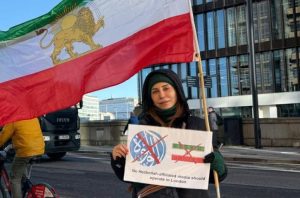Putin conscripts 135,000 men in largest autumn call-up in a decade – what does it mean?
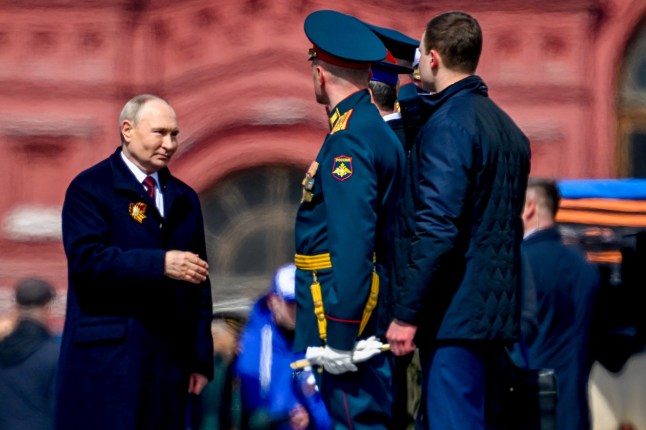
Vladimir Putin has ordered 135,000 young men into military conscription in Russia’s largest autumn call-up in more than a decade.
It comes as an estimated 1,000,000 Russian troops have died or been wounded since the beginning of the war in Ukraine in 2022.
Despite facing mounting losses, Russia has continued to invest a massive amount of resources into the war in hopes of winning.
The number of young Russian men available to fight continues to grow each year, due to demographic changes in the number of youth, and Russia is using this to its advantage.
Putin has continued to push the limits of what his military can do in terms of manpower and weaponry. This includes unmanned drones intruding on European airspace.
Last week, uncrewed aerial systems (UAS) caused Denmark’s busiest airport to close and were detected near a naval base in Sweden.
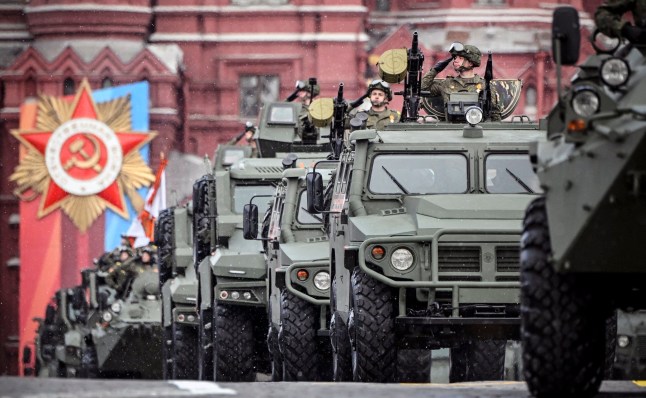
Oleg Vornik, CEO of DroneShield, told Metro the activity is most likely part of Russia’s ‘grey zone’ in the UK and Europe. This also includes freight parcel bombs, spy rings and the sabotage of deep-sea cables.
The latest incidents in Europe follow UAS activity detected last November in and around RAF bases in the UK where the US Air Force has a presence.
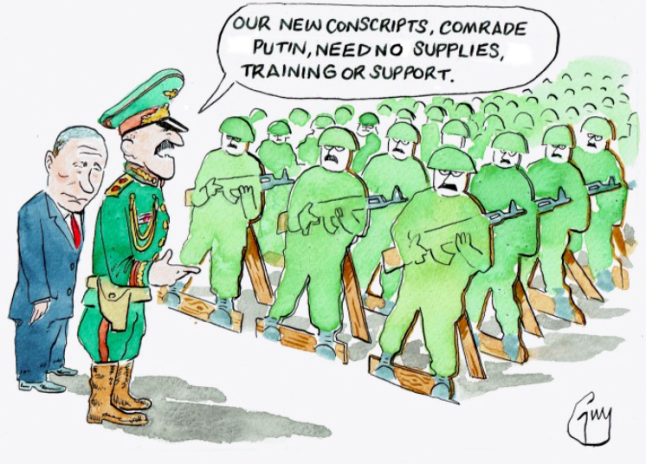
The US also cited ‘unusual circumstances’ behind delaying their response to a request for information about the Russia-linked activity. The incident impacted the US Air Force’s largest site in the UK, the Lakenheath base in Suffolk, which is significant for NATO and European security.
Russian expert at Chatham House, Keir Giles, previously told Metro the United Kingdom has been in conflict with Russia ‘for years’.
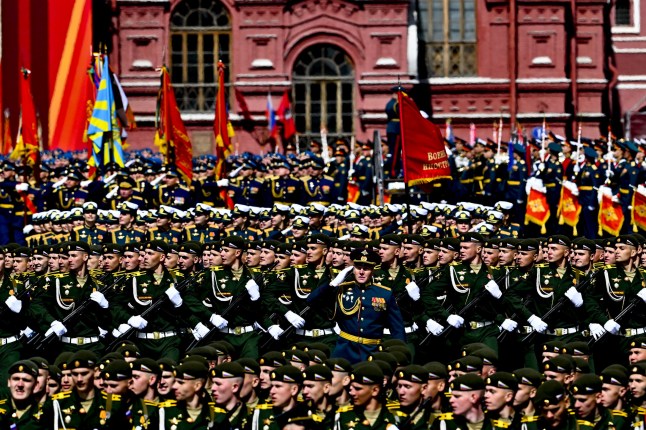
Between August 2023 and March 2024 alone, 46,000 flights in areas such as the Baltic, Black Sea and eastern Mediterranean logged interference issues – believed to be due to Russian interference.
These instances have often been called ‘hybrid’ warfare, which Mr Giles argues is a catch-all term for a real war that is going on.
‘There’s a growing realisation that all of these adjectives applied to war, whether it’s “hybrid” or “subthreshold”’ war, or even “hidden war”’ are convenient – because they allow government authorities to maintain the fictional idea that Russia is not waging war on us,’ Mr Giles said.
‘Because if you simply call it war, that means you have to do something about it.’
Get in touch with our news team by emailing us at webnews@metro.co.uk.
For more stories like this, check our news page.

